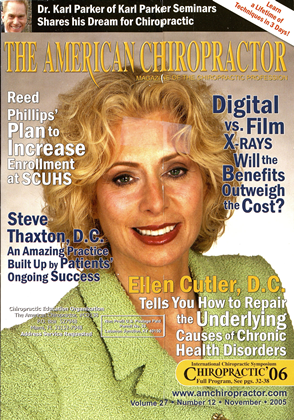A patient received services from a doctor practicing in New Jersey but the patient neglected to pay the balance due. The doctor sued the patient for $4,397.10 plus costs and attorney fees. The patient did not dispute the amount due but stated that he could not afford to pay the doctor the balance at that time. The doctor and patient entered into a written settlement agreement whereby the patient agreed to make payments in order to pay off the balance due. The patient made several payments and then defaulted on the balance. The doctor filed to have the default of the settlement agreement by the patient "certified". Getting the default certified meant that the doctor was not required to go to court in order to get a judgment against the patient but could automatically have the settlement agreement converted into a judgment. The court found that, where there is a written settlement agreement that specifically provides for an entry of judgment in the case of default and since the patient had neither disputed the amount due nor claimed that the settlement agreement was unfair or unreasonable, there is no justification for requiring the doctor to file additional paperwork and go through the time and expense of litigation. Not all states permit settlement agreements to be automatically converted into judgments upon the judge's signature. Those states that do have specific procedures that need to be strictly followed. If your state does have such a procedure, it would be worth your time to learn the details and implement them into your agreements with patients. Doing so will help you avoid the time and expense of a protracted lawsuit. If you have any questions with regard to the above or with respect to any other legal heath care issues, you may FAX your questions to Deborah A. Green, Esq., at 954-971-37X7 or call 954-971-777$ or e-mail healthatlorney(a not. com. In future issues, she will he answering those questions that are of interest to the broadest audience. Ms. Green has been a practicing attorney since 1977. She is admitted to the practice of law in the Slate of New York and Florida and is a member of the American Health Lawyers Association, the New York State Bar Association Health Care System Design Committee, the New York State Bar Association Health Care Providers Committee, the American Bar Association Health Law Section and the Florida Bar Health Law Section. She has formed numerous multi-discipline practices throughout the country. DISCLAIMER Because this column is being presented to you by an attorney, it would not he complete without a disclaimer. This column is provided subject to anil governed expressly by the terms of this disclaimer. This column is provided for educational purposes only. The accuracy or timeliness of the information presented herein is not warranted. The information presented herein is not intended to be advice as to a specific fact pattern with which you may be presented. Accordingly, please note that the information contained herein is not being presented as legal advice with respect to any matter and that no attorney-client relationship is hereby established.
 View Full Issue
View Full Issue






